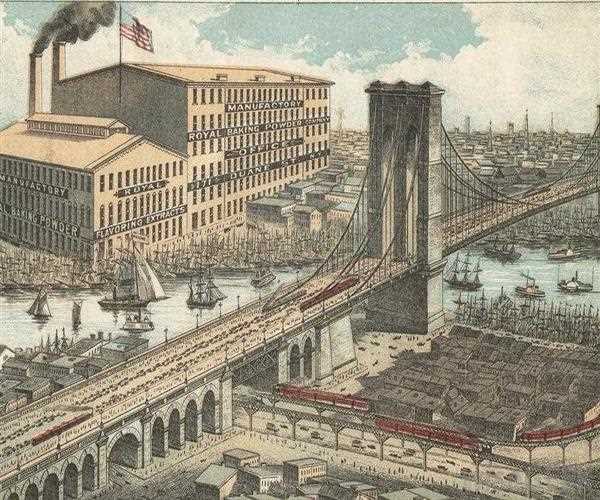The Anglo-American war of 1812 has set the United States to the British Empire, between June 1812 and February 1815. This war is likewise known by the Noms de guerre of 1812, the second war of freedom, and much more once in a while US-British war. The name "War of 1812" can in some cases prompt disarray since the war of attack of Russia by Napoleon Bonaparte, the Russian battle, occurred that year (Benn, Carl, Marston, pp. 31-35).

While the United Kingdom would give a noteworthy war exertiAon in view of its contention with Napoleonic France, the United States announced war on June eighteenth 1812 to free the regions that were under the British Empire who had possessed by English for a long time, and kept up numerous social and business relations with the United States (Benn, Carl, Marston, pp. 31-35).
Among the reasons were less unequivocal hatred and outrage caused by the constrained enrollment of American mariners in the Royal Navy, the British presumed them to be traitors, the debilitating of U.S. exchange caused by the barricade of the British terrain ports Europe, and additionally bolster from the United Kingdom to American Indians guarding their property against arrive theorists and the principal American pilgrims toward the West. In the south, the rough war of the Creeks, skillfully controlled by examiners and future president Andrew Jackson, will be the continuation of this contention, which will give a guise to legitimize imperialism, however one of his saints, the woodsman Davy Crockett was chosen to the Capitol and will contradict the expansionist desire of Jackson in the years 1827 to 1834, when the Indian Removal Act (Benn, Carl, Marston, pp. 31-35).
The war was battled in three theaters: the Atlantic Ocean, the Great Lakes area and southern states. Toward the start of the war, the United States attempted to attack the British North American provinces, yet were driven back (making Detroit , Battle of Queenston Heights (Langguth, pp. 1-177).
At that point, the Royal Navy had barred the East Coast, consequently debilitating the U.S. economy because of the radical diminishment in U.S. farming fares (regardless of whether the ban empowered the rise of neighborhood industry). Their mastery of the oceans enabled the British to direct beach front assaults and consumed Washington in August 1814. Be that as it may, the maritime fights on the Great Lakes swung to the upside of the United States (Benn, Carl, Marston, pp. 31-35).
In spite of the fact that the British have had the high ground in a large portion of the duties, by far most of fights are a piece of American fantasy, particularly the Battle of New Orleans amid which General Andrew Jackson incurred on the British a standout amongst the most extreme thrashings in their history, intensely broadcasted by the lobbyists who bolstered him. Incidentally, this last fight occurred two weeks subsequent to marking the Treaty of Ghent, December 24, 1814, which finished the contention and reestablish conditions for a pre-war the present state of affairs before the war (Black, Jeremy, pp. 44-69).